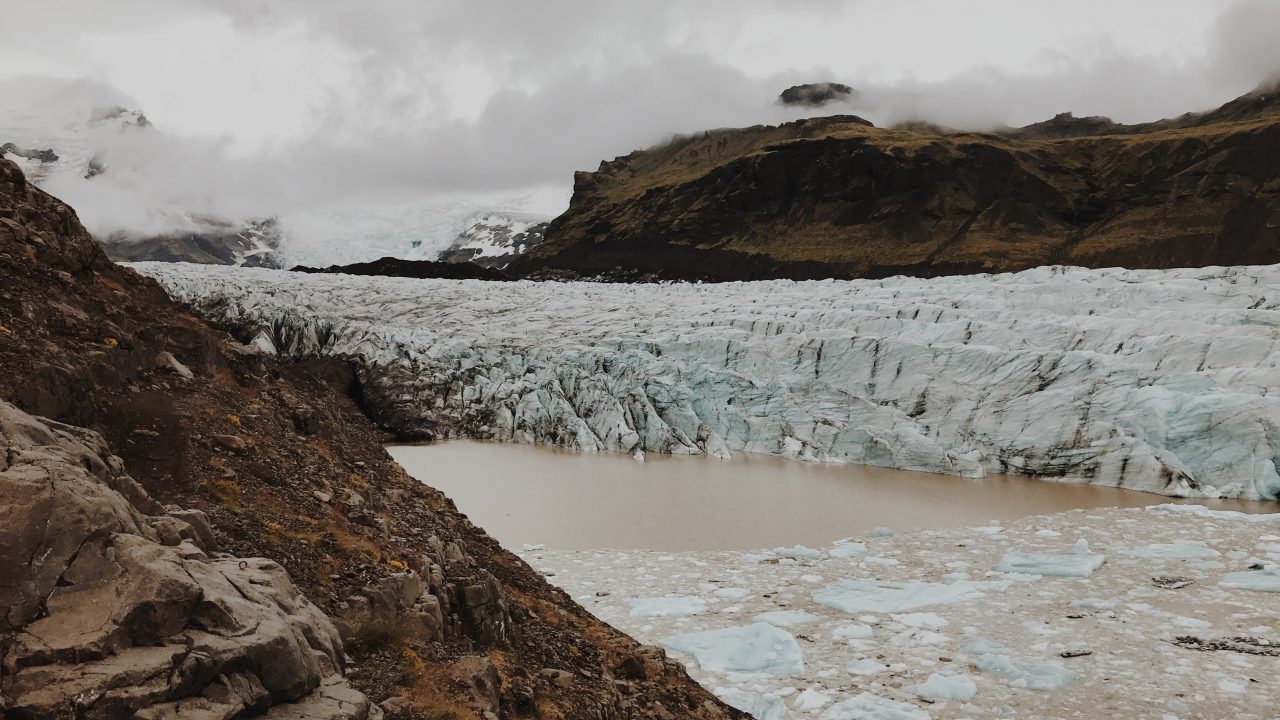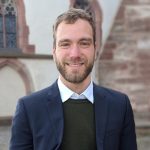Climate change continues to accelerate at a rapid clip, a ticking time bomb playing out in every nation, as they wrestle with policies to combat it. But if it’s going to be slowed and eventually stopped, many of the solutions are likely to come from local communities, which are the laboratories for everyday answers.
In advance of COP26, the next UN Climate Change Conference scheduled for the end of October in Glasgow, data.org, a platform for partnerships to build data science for social impact, hosted a panel of experts to outline climate concerns on the ground and model programs to help address them.
Welcoming panelists and a global online audience to the September 29, 2021 session called “Building Environmental Resiliency: The Road to COP26 and Beyond,” Perry Hewitt, chief marketing officer of data.org, outlined the unfolding crisis vividly, saying, “Today, babies will grow up to experience twice as many droughts and wildfires and three times more river floods and crop failures than someone who’s 60 years old.”
Related Event
Building Environmental Resiliency: The Road to COP26 and Beyond
This event occurred on September 29 at 12pm ET
Extreme temperatures and weather events continue to accelerate, causing insurmountable damage that we know will only get worse for future generations. The recent release of a landmark climate report by the U.N.’s Intergovernmental Panel on Climate Change (IPCC), and remarks from U.N. Secretary General Antonio Guterres calling the report a…
Moderator Bruno Sánchez-Andrade Nuño, head of AI for Earth at Microsoft, introduced the panelists, all representing awardees of data.org’s Inclusive Growth and Recovery Challenge. Setting the table for discussion, he said, “Data could be our extremely powerful ally, not only to see what’s happening [on climate change], but also to help us decide what we could do.”
An opening audience poll asked which COP26 goals aligned most closely with the viewers’ own work. Thirty-eight percent checked “Adapt to protect communities and natural habits” or “Work together to deliver” environmental solutions. Another question asked viewers how they were using or thinking of using data against climate change. Seventy-seven percent said for “research and development,” and 46 percent cited “policy and advocacy.”
From those findings, Nuño asked the panelists what roadblocks they face in reaching their goals and how data science has helped them get there.
Danielle Getsinger, chief executive officer of Community Lattice, which helps local groups to manage environmental risk in restoring contaminated brownfield sites, said her overarching concern is “We haven’t prioritized climate change. We [as a society] have the answers. We just haven’t … incentivized doing this work.”
“The systems that we have in place, especially the incentive programs and the government programs that distill a lot of what we do are not answering the real-world, real-time conditions and concerns of communities. And that is especially true of overburdened and underserved communities.” She said Community Lattice is using data analysis to ensure improved community access.
We haven’t prioritized climate change. We [as a society] have the answers. We just haven’t … incentivized doing this work.
Danielle Getsinger Chief Executive Officer Community Lattice
Olasimbo Sojinrin, Nigeria country director of Solar Sister, which is building a system of women entrepreneurs to distribute clean-energy products in underserved African communities, said, “For us, the major challenge is how we can combat energy poverty. This creates a multitude of negative consequences on the health, education, and incomes of the communities that we work in.”
Thomas Motmans, sustainable-energy finance specialist for the Basel Agency for Sustainable Energy (BASE), which develops business models to promote investment in energy and climate solutions, said one major obstacle concerns resistance from banks and businesses wary of investing in green projects, since they offer novel approaches not readily defined by their risks and returns. To counter that perception, “Data science can play a big role because all of these or most of these [issues] are related to trust. So data science can really help to bring trust and confidence.”
Data science can play a big role because all of these or most of these [issues] are related to trust. So data science can really help to bring trust and confidence.
Thomas Motmans Senior Sustainable Energy Finance Specialist Basel Agency for Sustainable Energy (BASE)
Echoing how data can move the needle on key issues, Getsinger cited Community Lattice’s Inclusive Growth and Recovery Challenge project that organizes disparate environmental public records, which can vary by state into a usable, searchable platform, allowing for easier and accurate analysis.
Sojinrin said Solar Sister is “finding through data how to scale and help entrepreneurs maximize potential,” including by identifying future markets, mapping expansion opportunities, and cutting costs.
BASE is using data, Motmans said, to reduce farmers’ post-harvest crop losses, in part by perfecting cooling systems that reduce spoilage. “Data science allows service providers to shift from being reactive to being proactive and actually offer optimal services.”
We need to be driving policy change from the ground up.
Olasimbo Sojinrin (she/her) Chief Executive Officer Solar Sister
While advocating the democratization of data for communities, Getsinger noted how residents of a Houston neighborhood complained about what they saw as a surge in cancer cases there, and a follow-up study confirmed there was a cancer cluster.
In that spirit, Sojinrin said, “We need to be driving policy change from the ground up.”
“There needs to be a commitment to a conversation between those who generate the actual data and the people on the ground who are also the change-makers,” Motmans added. “So there should be a match, and this content should be made available to these change-makers in local communities because they’re the ones who can actually do something with that data. Data for the sake of data won’t really have much actual impact.”
Nuño also asked the panel about the obstacles they encounter working with data. “The challenge is not knowing what you don’t know,” Sojinrin said, adding that training and buy-in can help change that. “People have been doing something one way forever” and need to learn that data isn’t some sort of mystical art.
“Data is not an identity,” Nuño agreed. “It’s a method. And just like you don’t need to be a mechanic to use a car, you don’t need to be a data scientist to use data” effectively. “We need to be including everybody in that journey of data literacy.”
“Everybody’s business models at this point should be data-driven,” Getsinger suggested, including in “our policies, our regulations — any decision-making at a community level.”
In closing, Nuño asked the panelists to summarize their takeaways:
- “Let’s demystify data science and make it more practical,” Sojinrin suggested.
- “Use the power of data to make agriculture more resilient,” Motmans said.
- “We have the solutions for climate action,” Getsinger added. “Those solutions exist. We need to find how to use data to drive the real-time, real-world needs to make those solutions a reality.”
For these panelists, who spend their days tackling local and regional concerns, data research is helping them to craft policies, fuel growth, and gain trust. The resultant solutions, when they work, could provide useful guidelines on the national and even international level. It’s likely to take thousands of such answers, woven together, to stop climate change.



